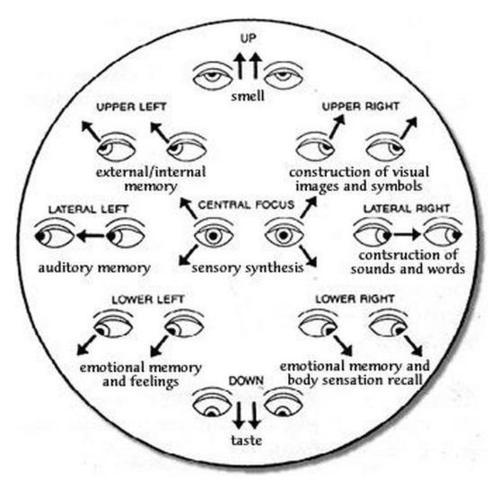Losing Is Good for You - NYTimes.com
Jared Sperli stashed this in life
Stashed in:
Carol Dweck, a psychology professor at Stanford University, found that kids respond positively to praise; they enjoy hearing that they’re talented, smart and so on. But after such praise of their innate abilities, they collapse at the first experience of difficulty. Demoralized by their failure, they say they’d rather cheat than risk failing again.
In recent eye-tracking experiments by the researchers Bradley Morris and Shannon Zentall, kids were asked to draw pictures. Those who heard praise suggesting they had an innate talent were then twice as fixated on mistakes they’d made in their pictures.
By age 4 or 5, children aren’t fooled by all the trophies. They are surprisingly accurate in identifying who excels and who struggles. Those who are outperformed know it and give up, while those who do well feel cheated when they aren’t recognized for their accomplishments. They, too, may give up.
It turns out that, once kids have some proficiency in a task, the excitement and uncertainty of real competition may become the activity’s very appeal.
If children know they will automatically get an award, what is the impetus for improvement? Why bother learning problem-solving skills, when there are never obstacles to begin with?
If I were a baseball coach, I would announce at the first meeting that there would be only three awards: Best Overall, Most Improved and Best Sportsmanship. Then I’d hand the kids a list of things they’d have to do to earn one of those trophies. They would know from the get-go that excellence, improvement, character and persistence were valued.
It’s accepted that, before punishing children, we must consider their individual levels of cognitive and emotional development. Then we monitor them, changing our approach if there’s a negative outcome. However, when it comes to rewards, people argue that kids must be treated identically: everyone must always win. That is misguided. And there are negative outcomes. Not just for specific children, but for society as a whole.











11:56 AM Sep 25 2013